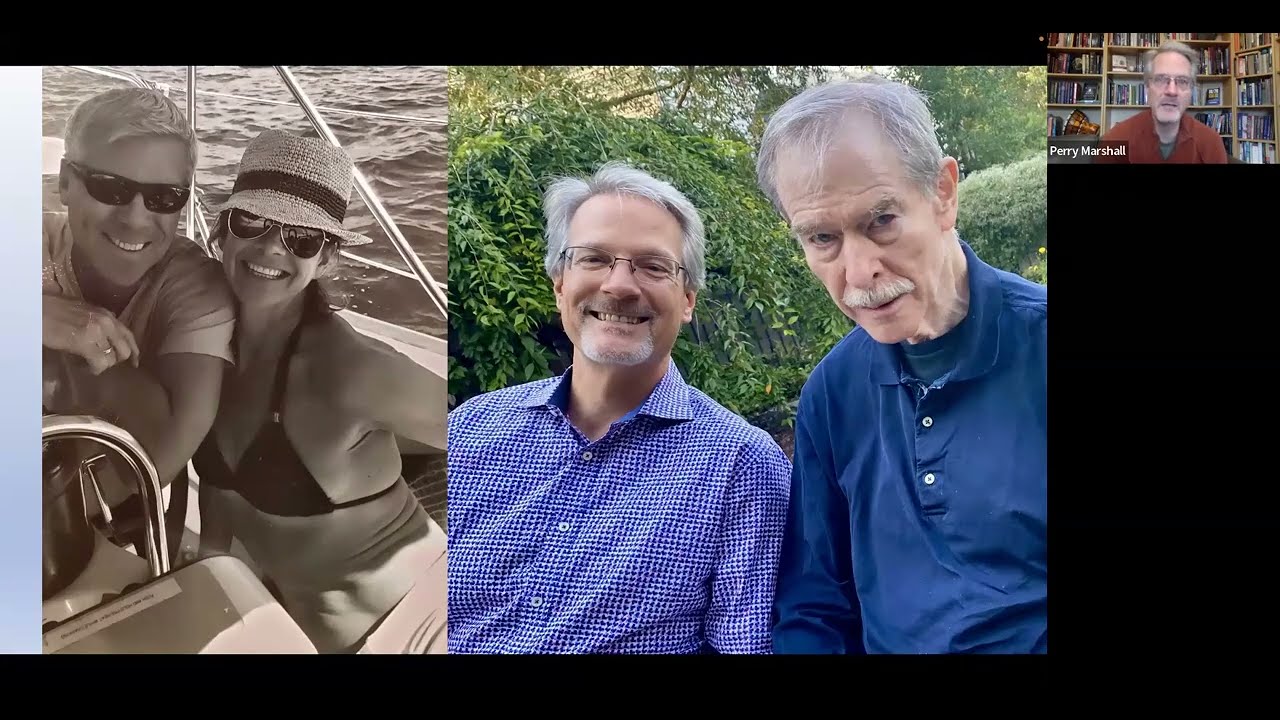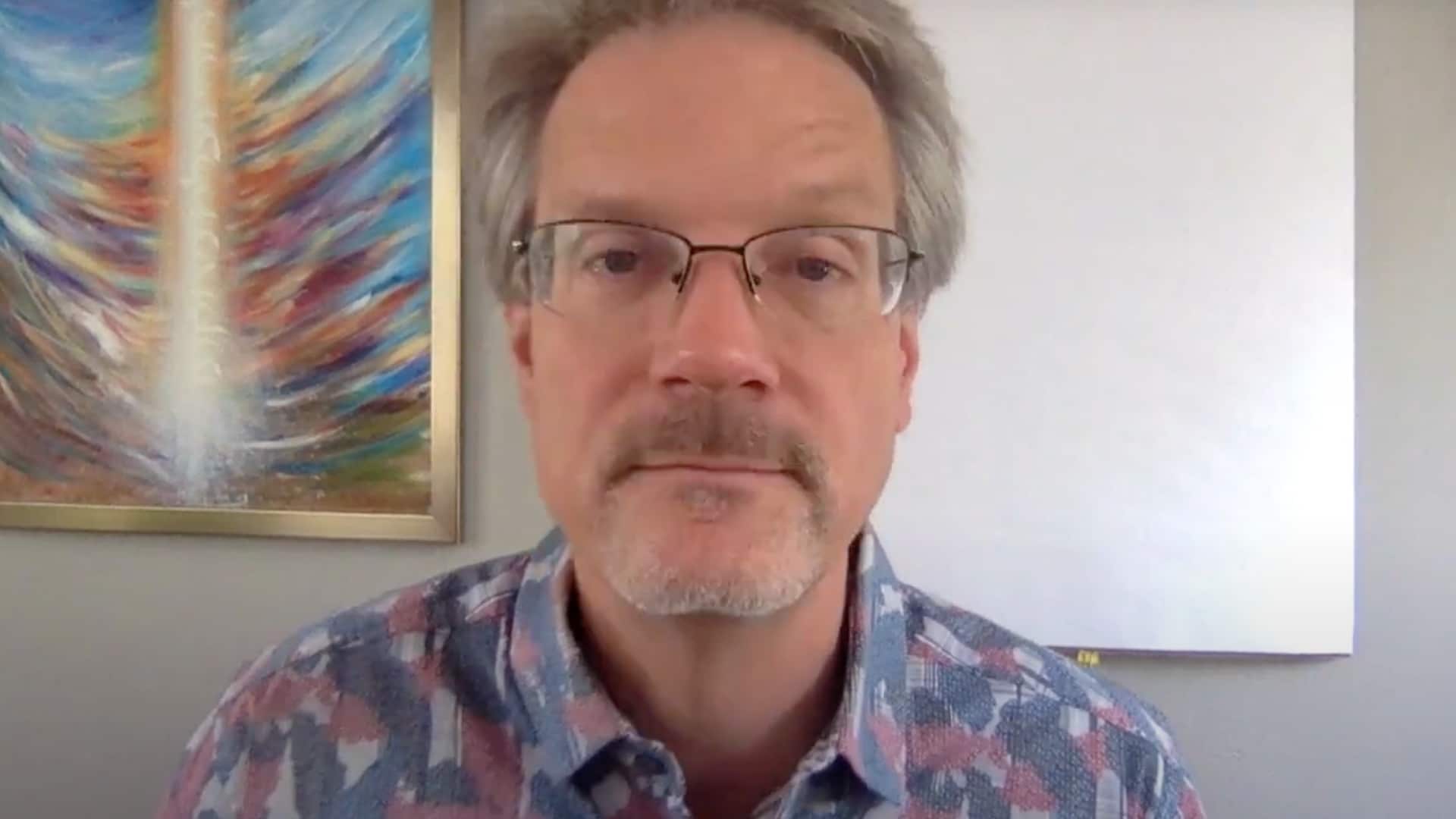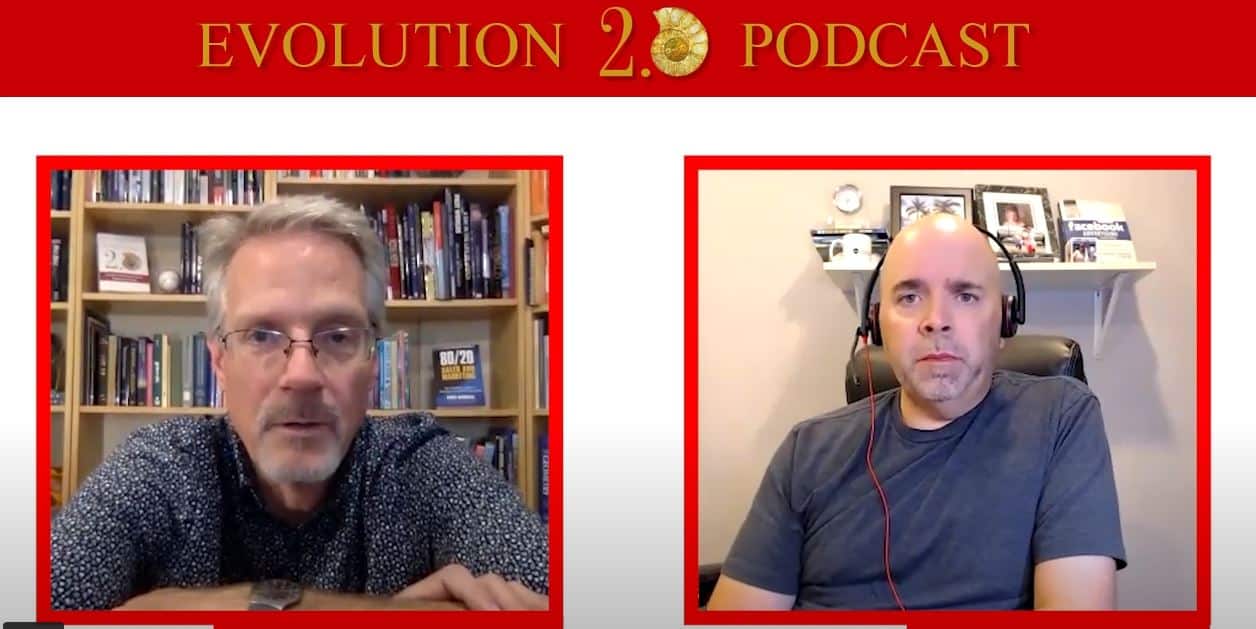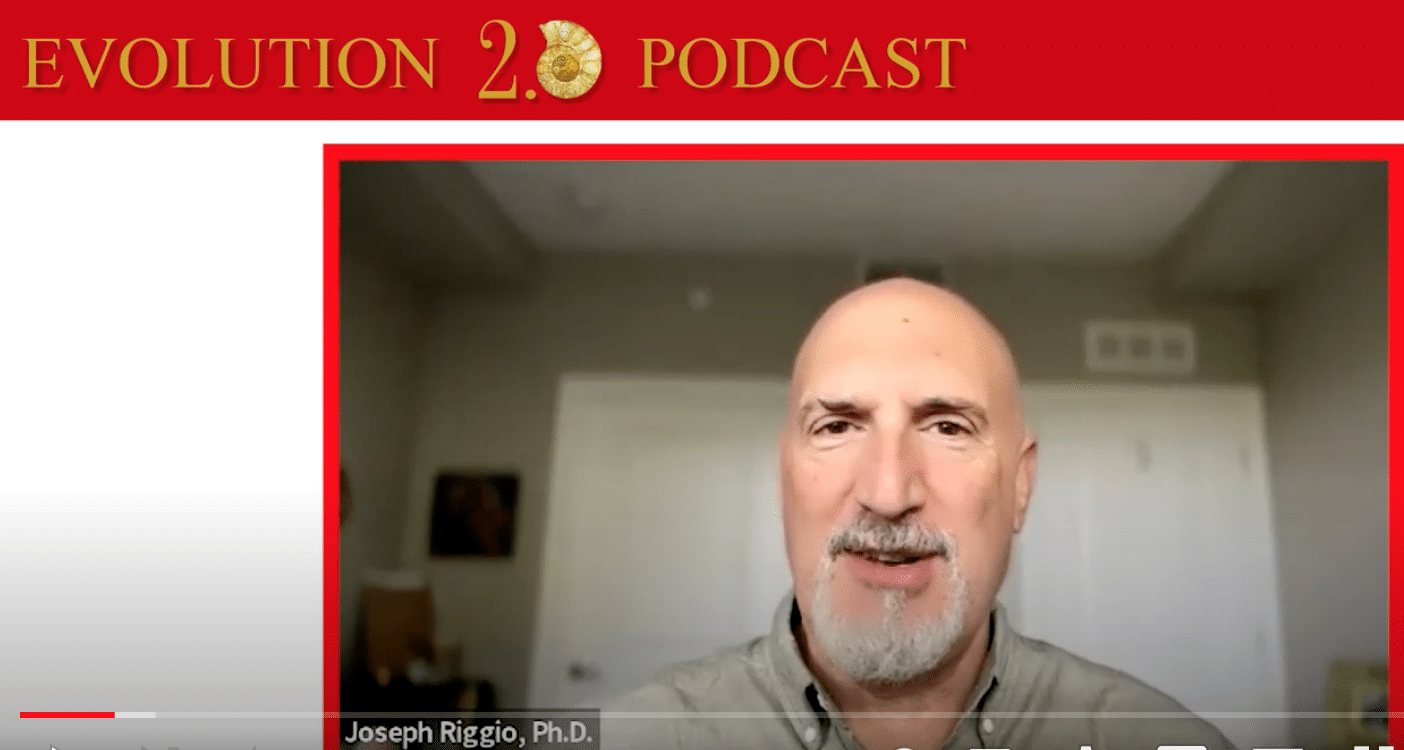News
Childhood Trauma Causes Cancer; Therapy and Relationships Heal: Eric Kuelker Ph.D. R.Psych
By Perry Marshall
July 9, 2021 | 0 Comment
Eric Kuelker Ph.D. R.Psych. discusses reliable but little-known research linking cancer and heart disease to traumatic life events and stress. It turns out that psychotherapy and relationship repair reduces the chances of cancer and factors like marriage extend life more than medical treatments do. This may extend it down to the cellular level.
Eric’s website is https://psychologicalinjuryindex.com/
References:
Hughes K, Bellis MA, Hardcastle KA, Sethi D, Butchart A, Mikton C, Jones L, Dunne MP. (2017) The effect of multiple adverse childhood experiences on health: a systematic review and meta-analysis. Lancet Public Health. Aug;2(8):e356-e366. https://pubmed.ncbi.nlm.nih.gov/29253477/
Roberts AL, Huang T, Koenen KC, Kim Y, Kubzansky LD, Tworoger SS. (2019) Post-traumatic stress disorder is associated with increased risk of ovarian cancer: A prospective and retrospective longitudinal cohort study. Cancer Res. Oct 1;79(19): 5113-5120. https://pubmed.ncbi.nlm.nih.gov/31488422/
Lu D, Sundström K, Sparén P, Fall K, Sjölander A, Dillner J, Helm NY, Adami HO, Valdimarsdóttir U, Fang F. (2016). Bereavement is associated with an increased risk of HPV infection and cervical cancer: An epidemiological study in Sweden. Cancer Res. Feb 1;76(3): 643-51. https://pubmed.ncbi.nlm.nih.gov/26634926/
Flaherty RL, Owen M, Fagan-Murphy A, Intabli H, Healy D, Patel A, Allen MC, Patel BA, Flint MS. (2017) Glucocorticoids induce production of reactive oxygen species/reactive nitrogen species and DNA damage through an iNOS mediated pathway in breast cancer. Breast Cancer Res. Mar 24;19(1):35. https://pubmed.ncbi.nlm.nih.gov/28340615/
Morath J, Moreno-Villanueva M, Hamuni G, Kolassa S, Ruf-Leuschner M, Schauer M, Elbert T, Bürkle A, Kolassa IT. (2014) Effects of psychotherapy on DNA strand break accumulation originating from traumatic stress. Psychotherapy and Psychosomatics. 83(5):289-97. https://pubmed.ncbi.nlm.nih.gov/25116690/
Bellis MA, Hughes K, Ford K, Ramos Rodriguez G, Sethi D, Passmore J. (2019) Life course health consequences and associated annual costs of adverse childhood experiences across Europe and North America: a systematic review and meta-analysis. Lancet Public Health. Oct;4(10): e517-e528. https://pubmed.ncbi.nlm.nih.gov/31492648/
Ziegler C, Richter J, Mahr M, Gajewska A, Schiele MA, Gehrmann A, Schmidt B, Lesch KP, Lang T, Helbig-Lang S, Pauli P, Kircher T, Reif A, Rief W, Vossbeck-Elsebusch AN, Arolt V, Wittchen HU, Hamm AO, Deckert J, Domschke K. (2016). MAOA gene hypomethylation in panic disorder: Reversibility of an epigenetic risk pattern by psychotherapy. Transl Psychiatry. Apr 5;6(4):e773. doi: 10.1038/tp.2016.41 https://pubmed.ncbi.nlm.nih.gov/27045843/
Roberts S, Lester KJ, Hudson JL, Rapee RM, Creswell C, Cooper PJ, Thirlwall KJ, Coleman JR, Breen G, Wong CC, Eley TC. (2014). Serotonin transporter [corrected] methylation and response to cognitive behavior therapy in children with anxiety disorders. Transl Psychiatry. Sep 16;4(9):e444. https://pubmed.ncbi.nlm.nih.gov/25226553/
Roberts S, Keers R, Breen G, Coleman JRI, Jöhren P, Kepa A, Lester KJ, Margraf J, Scheider S, Teismann T, Wannemüller A, Eley TC, Wong CCY. (2019). DNA methylation of FKBP5 and response to exposure-based psychological therapy. Am J Med Genet B Neuropsychiatr Genet. Mar;180(2):150-158. https://pubmed.ncbi.nlm.nih.gov/30334356/
Levy-Gigi E, Szabó C, Kelemen O, Kéri S. (2013). Association among clinical response, hippocampal volume, and FKBP5 gene expression in individuals with posttraumatic stress disorder receiving cognitive behavioral therapy. Biol Psychiatry. Dec 1;74(11): 793-800. do: 10.1016/j.biopsych.2013.05.017 https://pubmed.ncbi.nlm.nih.gov/23856297/
Quidé Y, Witteveen AB, El-Hage W, Veltman DJ, Olff M. (2012). Differences between effects of psychological versus pharmacological treatments on functional and morphological brain alterations in anxiety disorders and major depressive disorder: A systematic review. Neurosci Biobehav Rev. Jan;36(1): 626-44. https://pubmed.ncbi.nlm.nih.gov/21963442/
Bossini L, Santarnecchi E, Casolaro I, Koukouna D, Caterini C, Cecchini F, Fortini V, Vatti G, Marino D, Fernandez I, Rossi A, Fagiolini A. (2017). Morphovolumetric changes after EMDR treatment in drug-naïve PTSD patients. Riv Psichiatr. Jan-Feb;52(1): 24-31. https://pubmed.ncbi.nlm.nih.gov/28287194/
Aizer AA, Chen MH, McCarthy EP, et al. Marital status and survival in patients with cancer. (2013) J Clin Oncol. 31: 3869‐3876. https://pubmed.ncbi.nlm.nih.gov/24062405/
Mirosevic S, Jo B, Kraemer HC, Ershadi M, Neri E, Spiegel D. (2019). “Not just another meta-analysis”: Sources of heterogeneity in psychosocial treatment effect on cancer survival. Cancer Med. Jan;8(1): 363-373. https://pubmed.ncbi.nlm.nih.gov/30600642/
Levin M (2019) The Computational Boundary of a “Self”: Developmental Bioelectricity Drives Multicellularity and Scale-Free Cognition. Front. Psychol. 10:2688. https://pubmed.ncbi.nlm.nih.gov/31920779/
Podcast: Play in new window | Download
Subscribe: Apple Podcasts | RSS






